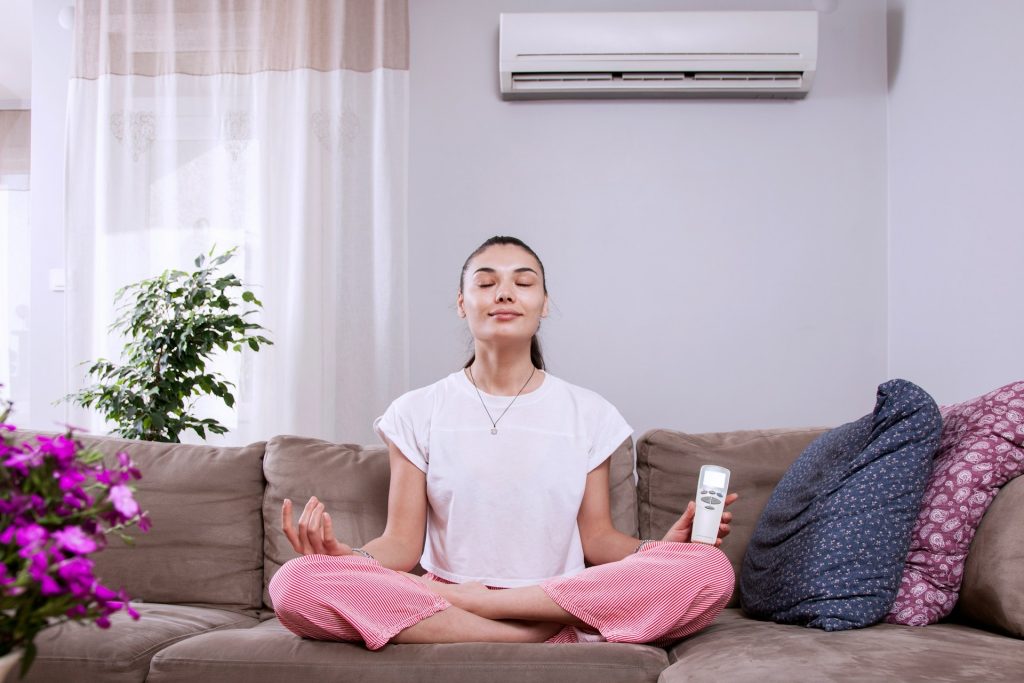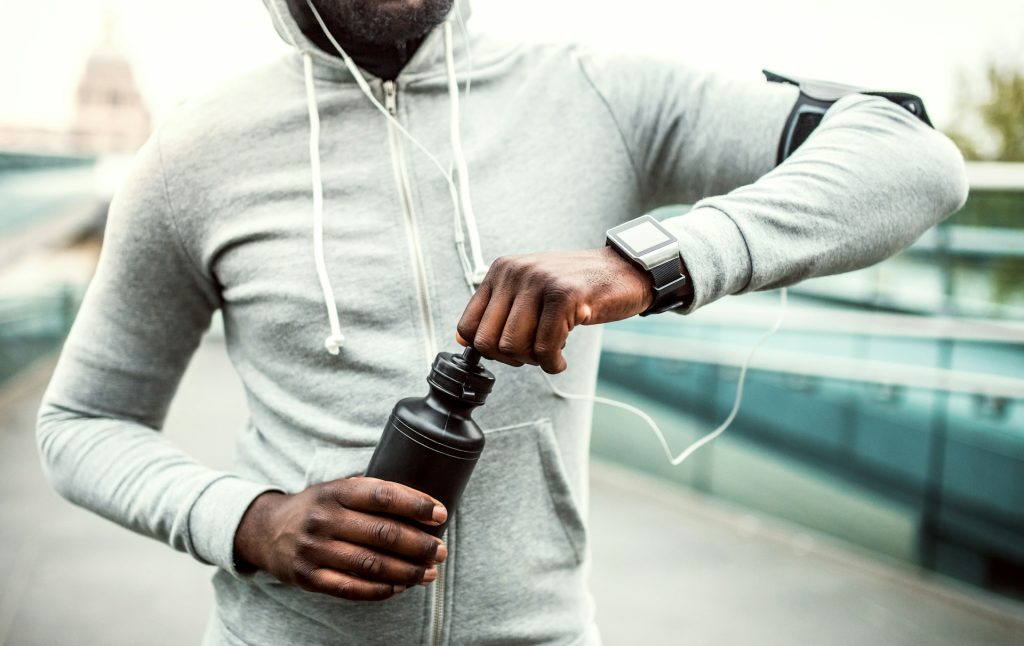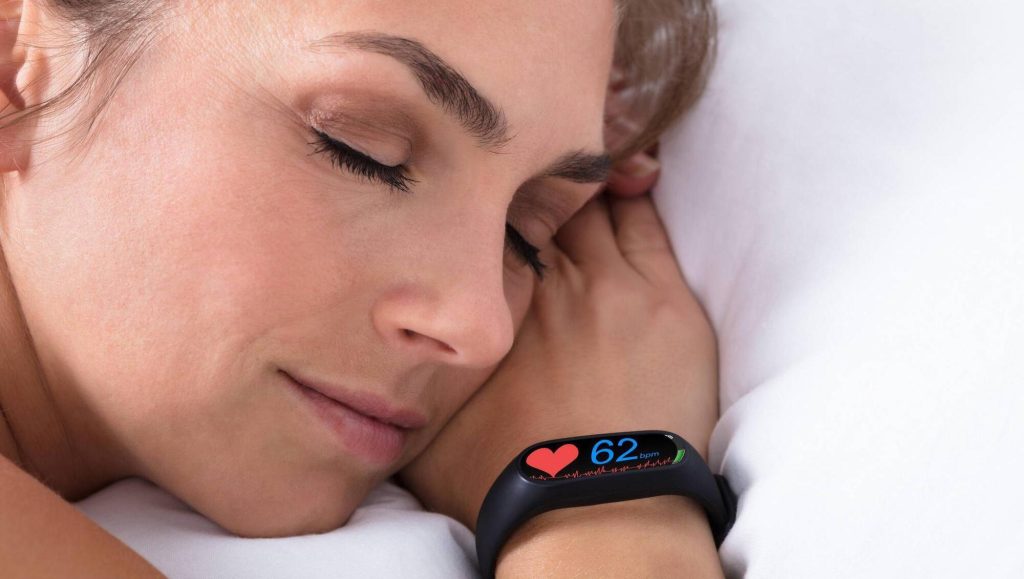Table of Contents
Your home might be aging you faster than time itself. Poor air, bad lighting, and the wrong temperature can affect sleep, energy, and recovery. That’s why biohackers use smart home tech to take back control—optimizing their environment for a longer, healthier life without the extra effort.
Smart Lighting for Better Sleep and Energy
Light exposure affects sleep, metabolism, and cognitive function, making it a critical factor in longevity. Smart lighting systems adjust brightness and color temperature to align with the body’s natural circadian rhythm.
Bright white light in the morning signals the body to wake up, while dim, warm lighting in the evening helps trigger melatonin production for restful sleep. Some biohackers program their lights to shift automatically, reducing exposure to artificial blue light at night.
I started using smart lighting to match the natural sunrise and sunset cycle, and the results were immediate. Waking up felt effortless, and my sleep quality improved without needing to change my bedtime routine.
Air Quality Optimization for Longevity

Most people don’t realize that the air inside their homes can be more polluted than the air outside. Poor indoor air quality contributes to inflammation, fatigue, and cognitive decline, making it a silent but serious health risk.
Smart air purifiers and ventilation systems help biohackers monitor and remove toxins that accelerate aging and weaken the immune system. To track these invisible threats, many biohackers use air quality sensors to detect pollutants like VOCs, carbon dioxide, and allergens.
I installed an air quality monitor out of curiosity and was shocked by how much indoor pollution fluctuated throughout the day. Cooking, cleaning, and even certain household products were releasing harmful particles into my space without me realizing it.
Now, I’ve integrated a smart purifier and adjusted my ventilation to keep my air fresh and clean. Many biohackers take it a step further by linking their HVAC systems to real-time monitors, ensuring constant fresh air circulation and optimal humidity levels.
The difference has been noticeable—fewer headaches, sharper focus, and an overall improvement in how I feel throughout the day.
Smart Home Stress Reduction
Chronic stress is one of the biggest accelerators of aging. When left unmanaged, high cortisol levels contribute to inflammation, sleep disruption, and cognitive decline. Smart home automation can help create a calmer, more predictable environment that supports relaxation and emotional well-being.
Automated lighting, soundscapes, and aromatherapy diffusers can be programmed to create a stress-free evening routine. Smart home assistants can schedule reminders for deep breathing exercises, meditation, or guided relaxation. Automating these small habits makes stress reduction effortless and built into the daily routine.
Some biohackers take it further by integrating smart temperature control and biofeedback devices. Smart thermostats adjust room temperatures for optimal relaxation, while HRV (heart rate variability) monitors sync with smart assistants to recommend breathing exercises when stress levels rise.
Hydration and Nutrition Tracking

Proper hydration and balanced nutrition are essential for longevity, yet many underestimate their daily intake. I didn’t realize how inconsistent my hydration was until I started using a smart water bottle. Tracking my intake gave me real-time insights into how much I was drinking—and the gaps in my routine were surprising.
Smart water bottles help maintain hydration by sending reminders and tracking intake while food-tracking apps ensure a balanced diet by monitoring essential nutrients. Meanwhile, smart kitchen devices assist with meal planning, making it easier to meet daily nutritional goals without the guesswork.
Seeing real-time data helped me develop better habits, and within a few weeks, I felt noticeably more energized and focused. Minor adjustments—like maintaining hydration and balancing meals—also improved my metabolism and exercise recovery, making everyday performance feel more effortless.
Cognitive Longevity and Brain Health
Maintaining cognitive function is just as important as physical health regarding longevity. Smart home technology can support brain health and help slow cognitive decline through automation and interactive learning tools.
Voice-controlled assistants and smart home interfaces encourage engagement and problem-solving, keeping the mind active throughout the day. Some biohackers use brain-training apps connected to their smart home ecosystem to challenge memory, focus, and processing speed, making cognitive enhancement part of their daily routine.
Beyond brain-training apps, biohackers also integrate neurofeedback devices and ambient intelligence systems to further optimize cognitive health. Wearable EEG headbands provide real-time feedback on brain activity, helping users train focus and relaxation.
Smart Recovery and Physical Longevity

Recovery is just as important as exercise for long-term health. Smart home technology can enhance recovery by regulating temperature, monitoring sleep quality, and optimizing post-workout recovery routines.
Smart mattresses adjust firmness and temperature in real-time to improve deep sleep. Biohackers use wearable recovery trackers that sync with smart home systems to recommend rest periods and optimize workout intensity.
I used to push myself too hard without realizing my body needed more recovery time. Using a recovery tracker connected to my smart home helped me fine-tune my exercise schedule, reducing burnout and improving overall energy levels.
The Role of Nicotine in Cognitive Performance
Nicotine, when used in controlled, clean forms, can enhance focus, memory, and mental endurance. Unlike smoking, nicotine lozenges provide cognitive benefits without harmful additives, making them a useful tool for biohackers.
Mick’s Naturals offers pure nicotine lozenges designed for sustained focus and cognitive support. Many biohackers use them strategically for deep work, pairing them with smart home environments optimized for mental performance.
Using nicotine lozenges from Mick’s Naturals during deep work sessions has helped improve my focus without overstimulation. Combining them with smart lighting and background sound adjustments has made my workspace more productive and efficient.
Smart Recovery Tools to Support Longevity

Recovery is just as important as exercise for long-term health. Smart home technology can enhance recovery by regulating temperature, monitoring sleep quality, and optimizing post-workout recovery routines.
Smart mattresses adjust firmness and temperature in real-time to improve deep sleep. Biohackers use wearable recovery trackers that sync with smart home systems to recommend rest periods and optimize workout intensity.
I used to push myself too hard without realizing my body needed more recovery time. Using a recovery tracker connected to my smart home helped me fine-tune my exercise schedule, reducing burnout and improving overall energy levels.
One Small Upgrade Can Extend Lifespan
Smart home technology helps in optimizing health and longevity. From sleep automation to air quality control and cognitive stimulation, small upgrades can make a significant impact. Investing in smart home tech today could be the key to maintaining energy, mental clarity, and resilience for years.

Hi! I’m Dave, a longtime biohacker focused on natural ways to improve health and performance. My work revolves around analyzing the science behind cognitive enhancers, nutrition, and longevity strategies. I’m particularly interested in natural nicotine products and their effects on focus and energy. Everything I share is based on research and real-world application, ensuring practical, reliable insights. Please note, none of the information shared here is medical advice.




